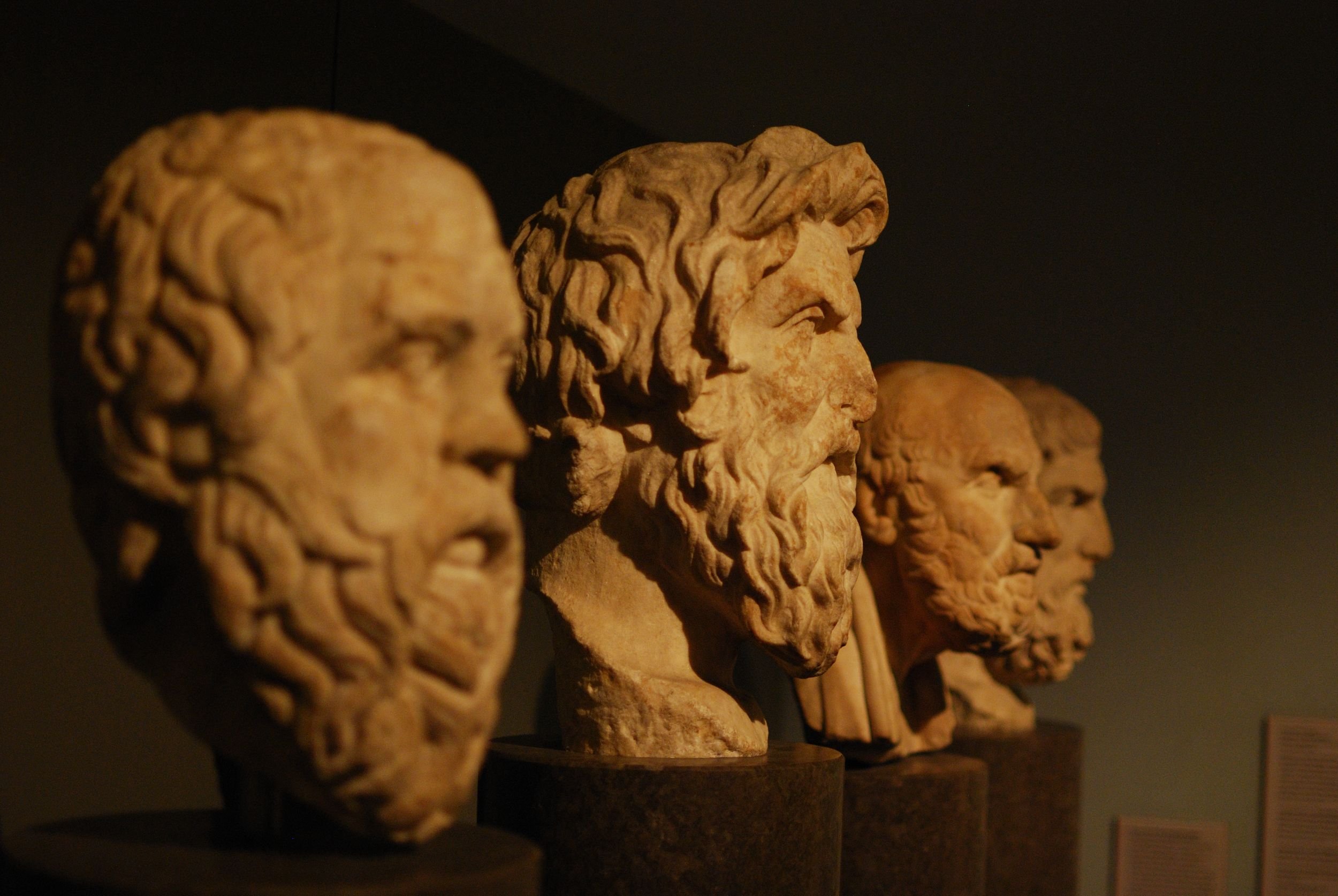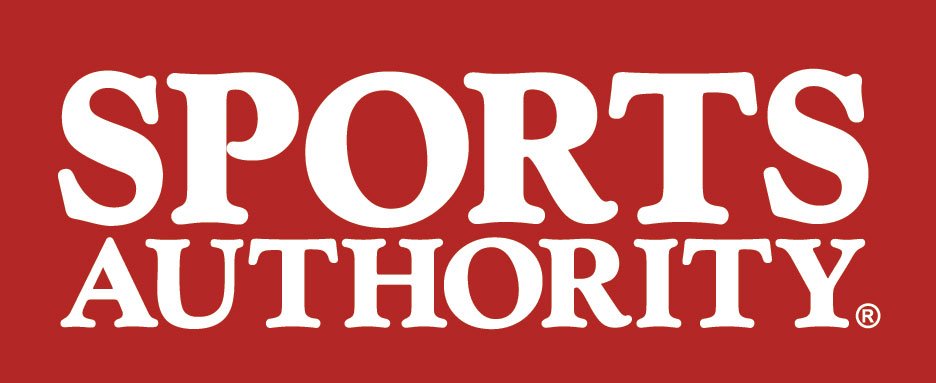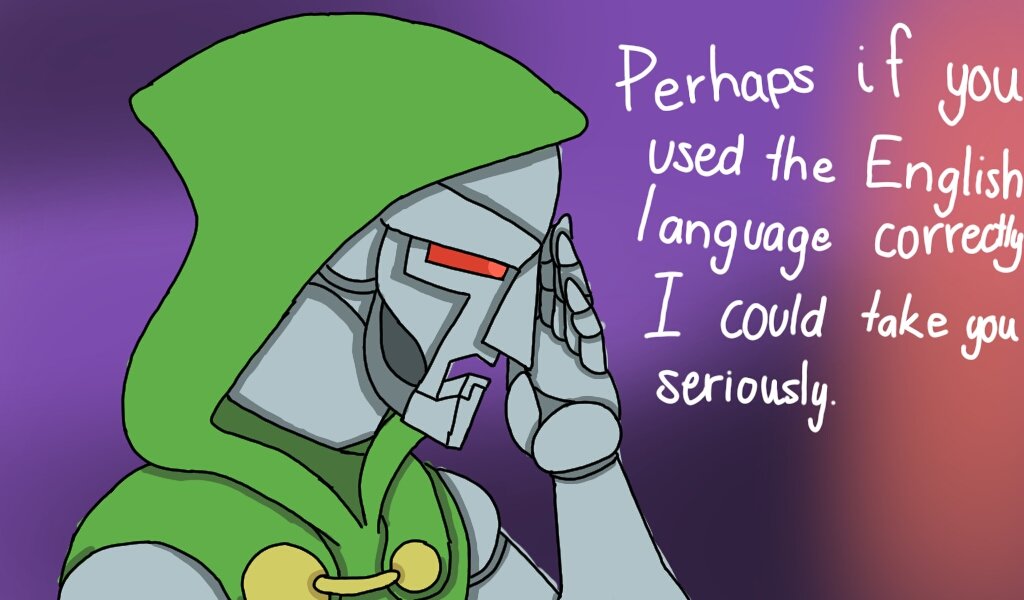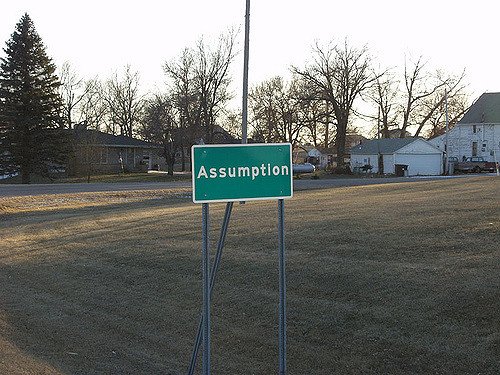
Learned and Thought concepts
When someone learns a new skill , cooking, reading,writing and so much more. They thought themselves ,normally. However, these skills could also be taught by a teacher or whomever. It is important to note that when someone taught you something they could neglect certain areas, for whatever reason. This intern leads to cornered of information in our perceived view of the world, which could put you at a disadvantage. How could you, yourself ,overcome this obstacle of an unknown incompetence?
You would always ,until you become aware, be misinterpreting content or information at your disposal. It might be an uninformed opinion here and there. In the end, the damage is down to what or whomever because you couldn't grasp the content.
By understanding and self-education of the subject in question. Preferably with surrounding and supporting subjects. You could be able to find holes if any exists. Can’t learn from a book without being able to read first.
Questioning the world and the authority there off.

We are all born into this world, we call home. Each to their own and each into certain cultures with certain values and/or religion or religions. Some never question the authority as it never bothered them ,as they ,did not object or question the function of that authority. In their world, nothing as per the idea of authority and the limits of any authority is right and correct as is. Some openly object and are constantly oppressed. This causes a fear to object and leads to self-censorship. All out of the fear of being judged by your peers or whoever has respect or trust in your life. Questioning authority allows you to free yourself from a narrow-minded worldview. Opening up the possibility of new ideas to free your mind of doubt and unneeded fear.
Understand more and hence know more and vice versa.
![]()
Understanding what has been thought or learned is much more powerful as it leads to yourself being able to connect the dots. This is the difference between you Knowing the work and being able to utilize , the information and tools at hand. Understanding leads to knowledge, but knowledge does not always allow someone else to Understand the information or function of a machine.
We have the knowledge of a computer and tools to use it, but that does not mean the operator understands the machine. Understanding of knowledge is more important for practical individuals and facts help in finding the truth of a story. Understanding and knowledge of a subject or industry is key to a sustainable business. If everyone fully had the knowledge and understanding of global warming would we still be driving one person pet vehicle?
Also, it saves money to drive with more individuals and split the costs...
How some remained ignorant and ill informed.

An individuals access and ability to obtain independent news sources is a concern. Currently, remote or cornered of communities are highly susceptible for wrong and uninformed opinions. In these cornered off communities, this often leads to protests about non-issues , that became an issue, usually suiting a certain political faction or factions “view” of the people and their interpretation there off. Often there is a misunderstanding and some use this fact to manipulate the situation even further. “No no, you misunderstood, what I said...”
We were thought that is is better to back away from confrontations. As this is always better... “don’t fight ,Use your words” and “Keep quite” All of this now seem a bit ominous, doesn’t it?
Currently, we vote politicians into power via their popularity, or the party’s popularity(Party,right?). Did anyone ask the question what would happen, should the electorate not have the means or intellect to choose for themselves, based on relevant informed? Where the one political party promises unrealistic growth and wealth and the electorate unable to see this hope, as lies. What would we do?
We could educate and train individuals to help themselves and be able to make informed decisions.
Someone who questions their surroundings and beliefs is ordinarily more inclined to learn and be up-to-speed with their surroundings and general well-being.
So, how do we get people to start questioning? Journalists tend to give “all” the information and tough the content is interesting. That does not get individuals to question the information. This, being taught could contain information that could be used later on to question new information. Regardless, we need to see assumptions for what they are.
As per Google:
as·sump·tion
noun: assumption; plural noun: assumptions; noun: Assumption
a thing that is accepted as true or as certain to happen, without proof.
"they made certain assumptions about the market"
Showing people assumptions that are in their core ,which is false, are grounds for “Very intellectual conversation”

Something we should note thou... Showing and telling something is not the same. If I show you something, it is normally undeniable, as it is, what you saw. However, your interpretation could vary. If I told you I saw a bad/good exceptional thing.
The assumption is you would not believe me and my accurate information would have no effect, other than high blood-pressure. The debate went from what is your interpretation to did it happen?
The latter is highly constrictive and narrow. This does not bode well with “but if it happened” dialogue. You would be made of as an attention seeker and dismissed.
Much like Bitcoin, and all other blochains that followed.
The question: How do we entice individuals to spontaneously, in themselves, question their surroundings or knowledge?
